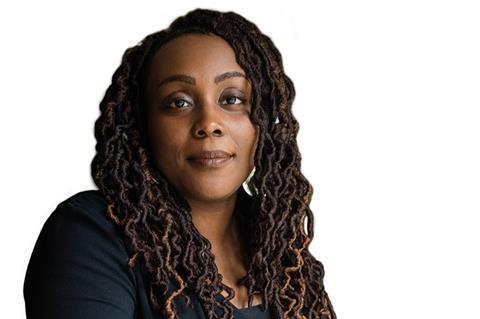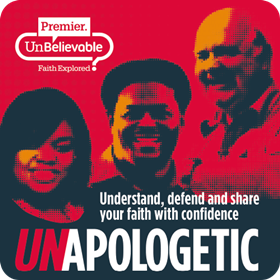
Q: When the rapper Jahaziel renounced his Christian faith, he listed a number of objections to belief, including “Christianity’s involvement in the slave trade”. He spoke about wanting to “return” to the religious traditions of his African ancestors. His story is representative of a large number of young Black people in the UK whose horror at past Christian involvement in slavery is contributing to their growing interest in alternative African spirituality. What would you say in response?
Firstly, I would want to affirm the anger that’s being expressed in Jahaziel’s objection, because we are supposed to be angry about slavery and colonisation. These things were done in tangent with warped theologies like the Curse of Ham (thought to mean ‘dark’). Christians misappropriated scripture to argue that because Noah cursed Canaan and said he would be “a servant of servants…to his brothers” (Genesis 9:24-25, ESV), Black people were therefore destined to be the slaves of white people. This view was designed to legitimise the enslavement of Africans.
It begs the question: Why would any Black person worship the God of their oppressor?
The first thing to say is that Christianity was part of African tradition long before the Transatlantic Slave Trade. There’s a huge African heritage that has gone unacknowledged, and there has been a whitewashing of Christianity. So, before we talk about Reformed theology, Karl Barth or Luther, we should be bringing back African thinkers such as Augustine, Origen and Shenoute of Atripe who were writing orthodox theology in Coptic languages. We need to correct the dominance of this idea that the Church is a wholly European construct. It’s not.
MORE ON WINDRUSH
- The Windrush scandal
- Rosemarie Mallett: ‘Jesus calls us to bring about justice. But we can’t do it without him’
- Nicky Gumbel: ‘If we want to see revival, we must address the sin of racism’
- Sonic waves: How Generation Windrush brought Gospel to the mainstream
- How Windrush changed the British Church for good
- Leroy Logan: ‘The Lord commissioned me to join the police’
- Regarding slavery, one of the problems is that there has been a lot of focus on heroes and saviours like William Wilberforce and other evangelicals, who did lots of work to bring about the abolition of slavery. That’s important. But we should also read Black testimony – people like Frederick Douglass, Mary Prince and Harriet Jacobs who were formerly enslaved, became free and shared their stories. Douglass records some horrific things in his writing, and there are times when he’s really despairing of his faith. But in the appendix, he says, (and I’m paraphrasing): “Reader, you might be thinking that I’m against Christianity.” Then he continues: “Between the Christianity of this land and the Christianity of Christ, I see the widest possible difference.” He talks about the difference between slaveholding Christianity and who he has encountered in the person of Jesus. These aren’t the words of a docile person who has been forced to believe in God. Douglass is thinking critically and making a clear distinction. You get a sense of his strong faith and his knowledge of who God truly is – the God of justice and the liberator of people from enslavement.

The Transatlantic Slave Trade was run by fallen humans who abused people – and God will judge them for that. The terrible history of slavery means that the Black Church is an apologetic in and of itself. Black faith is exceptionally strong in the face of such racism and adversity. And this tells us something about our God, whose hand is at work among the oppressed.
Clare was speaking to Ruth Jackson. Hear more on episodes 24-27 of the Premier Unbelievable? podcast ‘Unapologetic’


































No comments yet